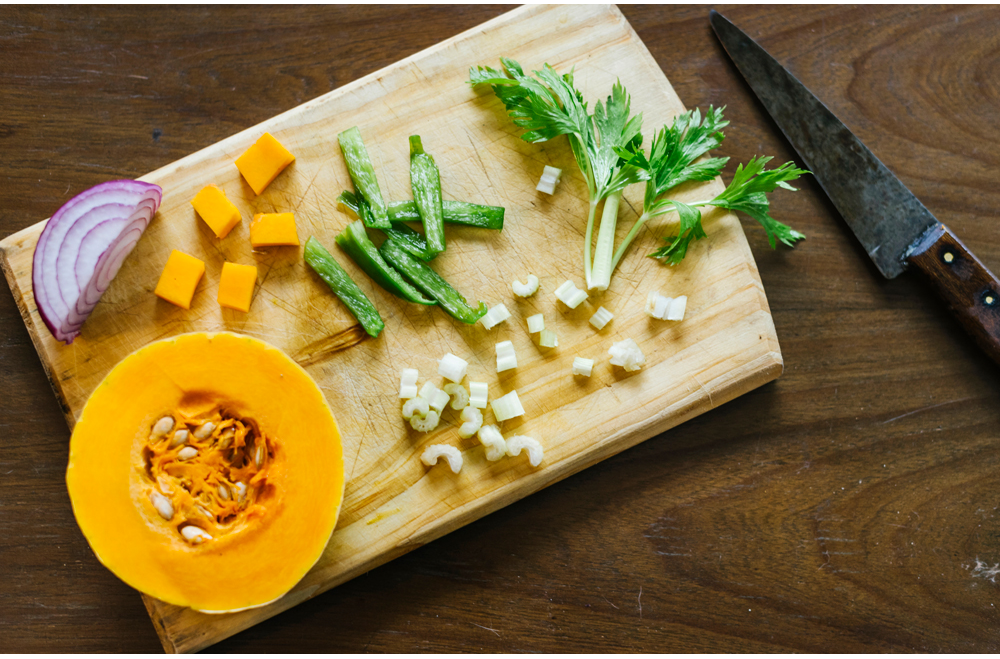Nutrition and urinary tract infections

Urinary infections are the most frequent of all bacterial infections because urine has no property to resist microbes, and can therefore be an excellent culture medium.
Normal urine is sterile, ie it does not contain in the normal state any microbe, virus or fungus. A urinary infection occurs when a microorganism, usually a bacterium from the digestive tract, enters the urethra and then into the bladder and begins to multiply. Thus, the infection is usually ascending, ie the infection is first in the urethra (urethritis), then ascends into the bladder (cystitis), and eventually to the kidneys (pyelonephritis).
Most infections are related to one type of microbe, Escherichia Coli (E. coli), which normally lives in the colon. But other microbes may be involved: Protéus, Staphylococcus, Streptococcus, Klebsielle, etc.
Proteus infection is often associated with the presence of calculations in the kidneys. Other organisms, such as Chlamydia and Mycoplasma, may also cause infections in men and women, but these infections are usually restricted to the urethra and genitals. Unlike other urinary infections, infection with Chlamydia or Mycoplasma can be venereal that is to say transmitted from one partner to another; this necessitates treatment of both partners. The short length of the urethra, the change favor the urinary tract infection in women in acidity due to the normal decrease in hormones (estrogens) and secretions after menopause, and certain hygiene habits facilitate the colonization of The urethra by bacteria of digestive origin.
Infection is mostly favored by sexual intercourse, as friction in the urinary meatus during intercourse promotes the entry of microbes into the urethra and into the bladder. Often, the first infection coincides with the onset of sexual activity. Prolapse of the uterus and bladder, which results in poor emptying of the bladder, and also promote infection. Pregnancy can promote infection because compression by the uterus causes dilation of the ureters. In older men, the decrease of these secretions, the increase of the prostatic volume and especially the bad bladder drainage linked to the prostatic obstacle favors the occurrence of the genito-urinary infections.
TYPES OF URINARY TRACT INFECTIONS
There are three types of urinary tract infections, depending on the location of the infection.
Cystitis
Cystitis is the most common form of urinary tract infection, cystitis affects almost all women. This is inflammation of the bladder. Inflammation is caused by the proliferation of intestinal bacteria of the Escherichia Coli type, which are numerous in the vicinity of the anus. The bacteria pass from the vulvar region to the bladder by ascending the urethra. Anything that obstructs the emptying of the bladder increases the risk of cystitis.
Cystitis is normally accompanied by urethritis and inflammation of the urethra.
Urethritis
If the infection affects only the urethra (the canal that connects the bladder to the urinary meatus), it is called urethritis. It is a common sexually transmitted infection (STI) in men, but women can also suffer. Several infectious agents can cause urethritis. The most common are chlamydia and gonococcus (the bacteria responsible for gonorrhea).
Pyelonephritis
Pyelonephritis is a more serious condition. It refers to inflammation of the pelvis and kidney (from the Greek puelos = pelvis and nephros = kidneys). This usually results from a bacterial infection. It is a complication of untreated or poorly treated cystitis that allows the proliferation of bacteria from the bladder to the kidneys. Acute pyelonephritis occurs mainly in women, and mainly pregnant women. Acute pyelonephritis in young women typically results in a severe infection with fever at 40 ° C and general chills, unilateral lumbar pain suggestive of renal colic, nausea or vomiting, emission of turbid and dark urine.
SIGNS OF CYSTITIS
• burns to urination (dysuria),
• frequent urination (pollakiuria),
• troubled urine, often tinted with drops of blood at the end of urination (terminal haematuria), but without fever or lumbar pain.
CAUSES OF CYSTITIS
Diabetes
Diabetes can be defined as a loss of control on the rise in blood sugar (blood sugar). In humans, a hormone is responsible for preventing blood sugar from rising. This hormone is called insulin. Diabetes is considered a risk factor causing a urinary tract infection because sugar levels accumulate in the urine leading to an infection.
Kidney stones
A urinary tract infection can result from a blockage of the normal flow of urine or an accumulation of urine that rises from the bladder to the kidneys. Recurrent infections may be due to kidney or bladder stones. Very rarely, bacteria in the blood can infect the kidneys. The urine eliminates a number of wastes such as urea, uric acid, oxalate and calcium.
Lack of liquids
The lack of drinking, which has a corollary of spaced and scanty urination, is a major factor promoting the occurrence of cystitis. In fact, germs such as colibacillus multiply very rapidly in the urine. Their number doubles every 20 minutes, so that after 6 hours it can reach several hundred, which can trigger an acute inflammation of the bladder. In addition, urination results in the removal of germs entering the bladder.
Sexual intercourse
Sexual intercourse is the most common triggering of urinary tract infections in women. Where there is no relationship between the occurrence of cystitis and sexual intercourse, a local factor favoring urethrocystoscopy which may reveal, for example, Stenosis of the urethra, a diverticulum of the urethra, hymenal bridles, and a bladder tumor in a smoker.
The hormonal factor
In a postmenopausal woman, mucosal dryness caused by estrogen deficiency promotes the development of cystitis: However, the possibility of a bladder or benign tumor must always be considered. Check the condition of the bladder by pelvic ultrasound or cystoscopy.
SYMPTOMS OF URINARY TRACT INFECTION
The symptoms of urinary tract infection depend on age, sex, and the portion of the urinary tract that is infected. The main problem is the rise of the infection and the appearance of fever in the event of prostate (prostatitis) or kidney (pyelonephritis).
The urinary tract infection can cause pain when you urinate. Here is the list of signs suggesting the possibility of a urinary tract infection.
SIGNS OF URINARY TRACT INFECTIONS
• Burning sensations when urinating.
• The feeling of needing to urinate more often.
• The urgent need to urinate without being able to urinate.
• Loss of urine.
• Urine containing blood.
Some women feel pressure in the lower abdomen, have back pain, feel nauseous and tired and even have a fever. High fevers, chills and the feeling of being sick can manifest an infection of the kidneys.
NATURAL DEFENSES OF THE URINARY TRACT
Normally, the urine is sterile. It contains 96% water, salts and organic components. The urinary system has many defenses against infections:
• Urinary flow expels bacteria and makes it harder for them to ascend to the bladder and kidneys.
• Urine acidity (pH <5.5) inhibits the growth of bacteria;
• The shape of the ureters and the bladder prevents the return of urine to the kidneys.
• The immune system generally fighting infections;
In men, prostate secretions contain substances that slow the multiplication of bacteria in the urethra
HEALTH RECOMMENDATIONS
Diet
The first goal in the treatment of BPH is to supply essential nutrients for prostate functions and support male hormonal regulation, preventing testosterone conversion to its active form, dihydrotestosterone (DHT).
Adding soy foods to the diet is a natural way to get isoflavones and beta-sisterol, which help fight the unwanted effect of DHT on prostate growth.
Also, the diet should ideally be rich in lean proteins, zinc (pumpkin seeds, pacific oyster, wheat germ, calf liver, legumes, etc.) and free of caffeine and alcohol (especially beer).
Antioxidants should also have their place in the diet by choosing from colourful, fresh vegetables and fruits. Good fats found in fish and cold-pressed oil are also essential to a proper prostate functioning.
Basic advice
• Limit your intake of liquid in the evening, in order not to aggravate night time urination.
• Cycling compresses the prostate and can aggravate symptoms. Privilege walking as a physical activity, since it reduces urinary retention.
• Lifting heavy weight increases the pressure onto the bladder and can enhance urinary discomfort. Of note, urinary retention can lead to urinary tract infections.
• Consume cranberry products for prevention in your diet.


Comments
Leave your comment